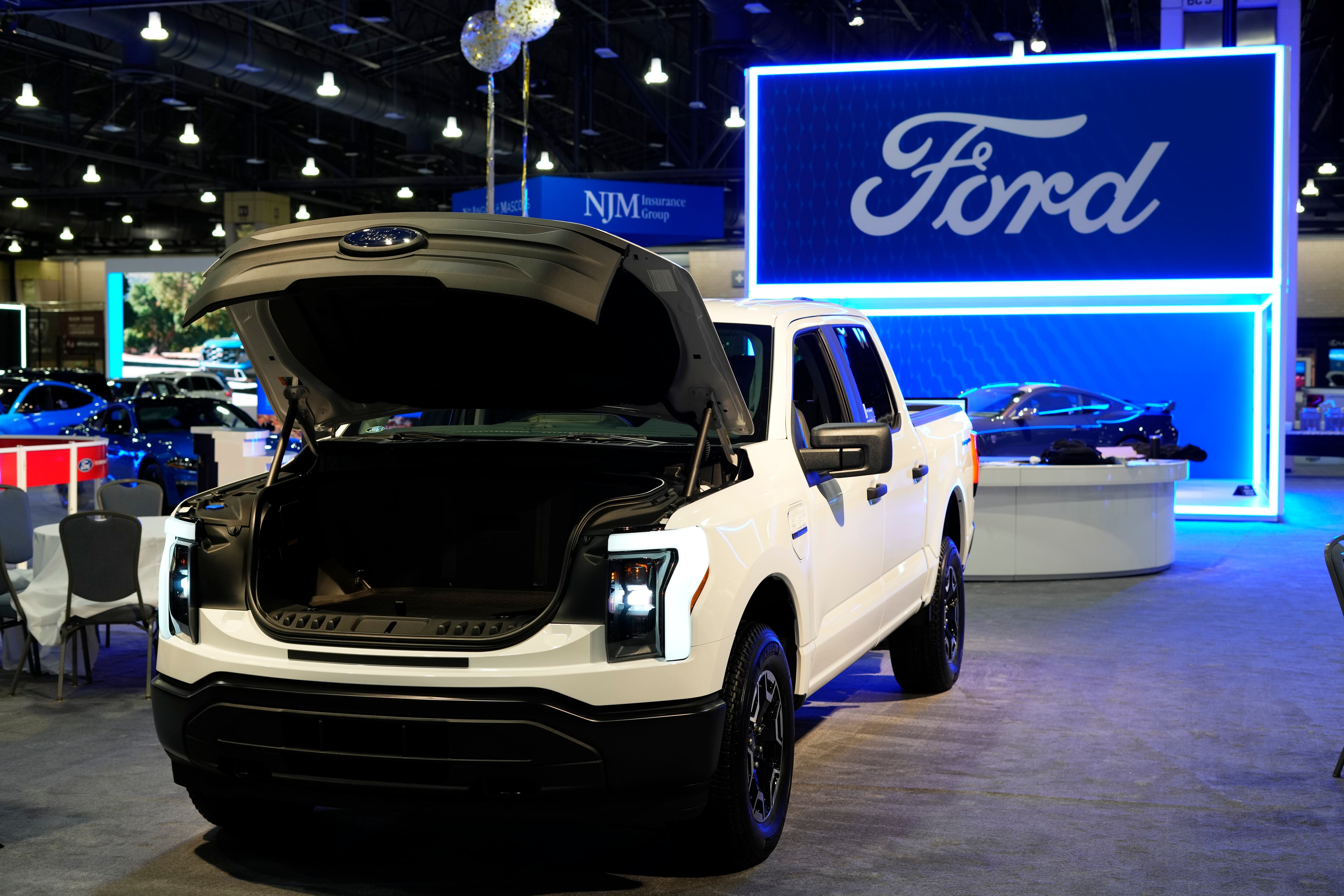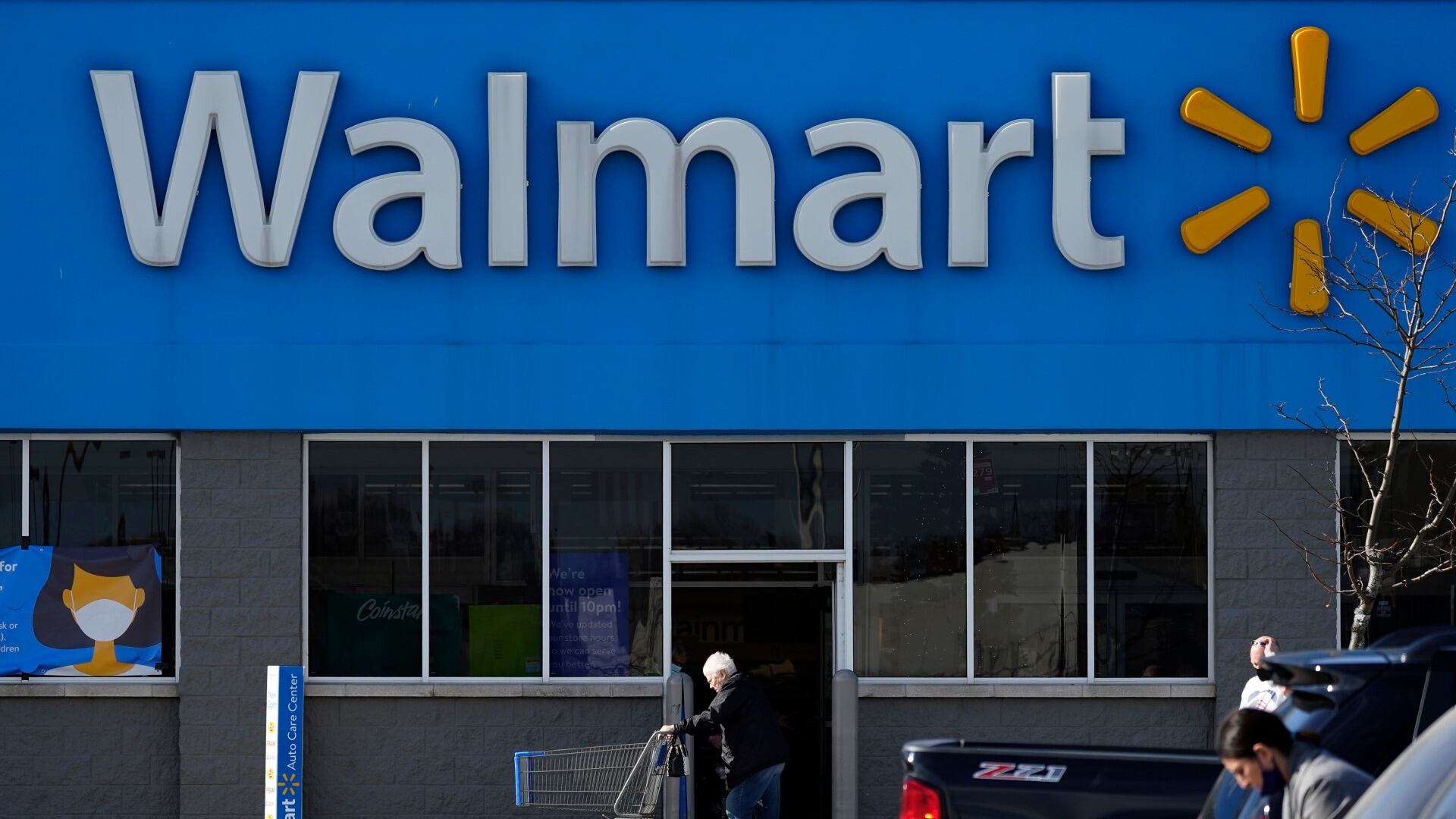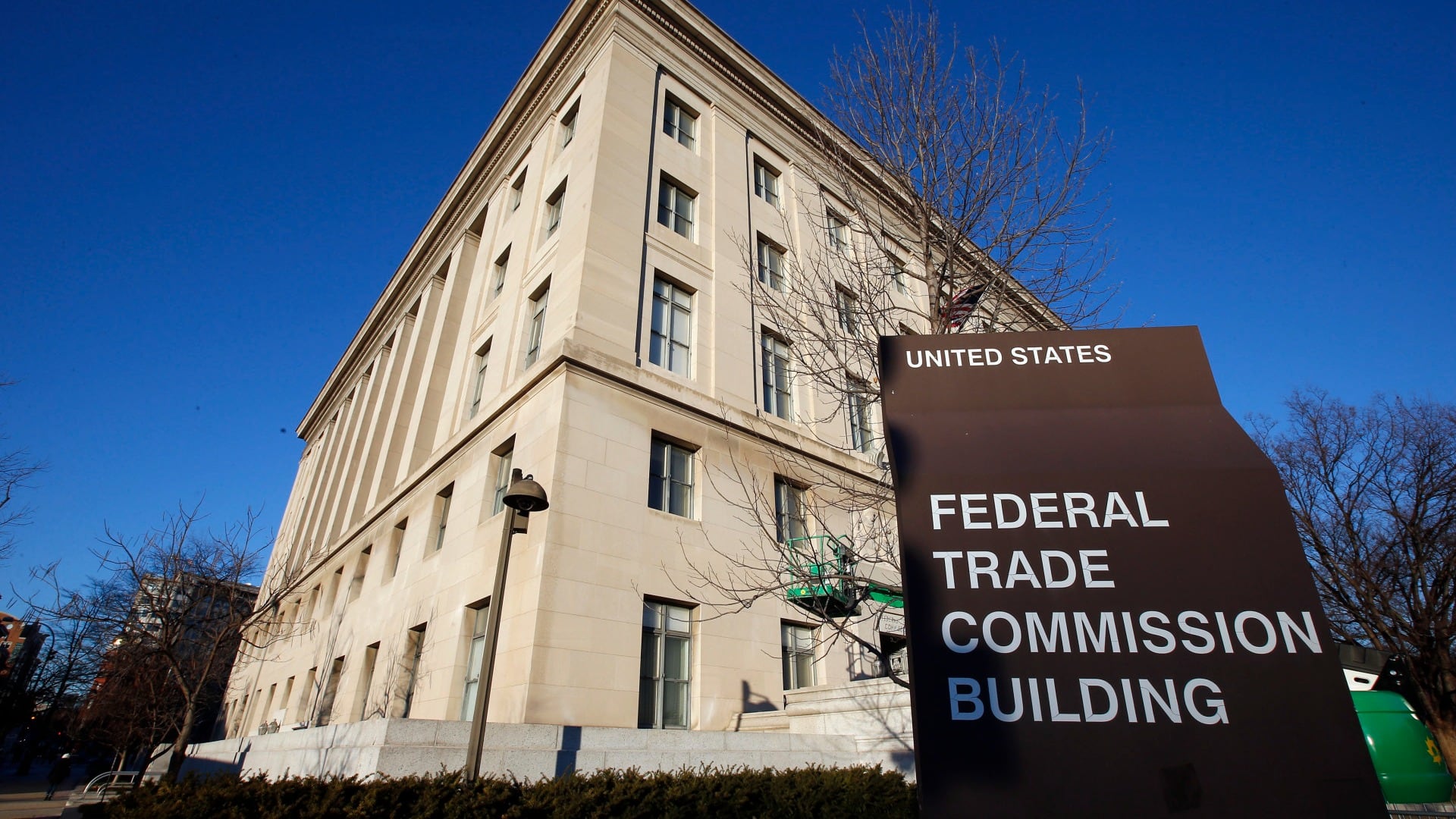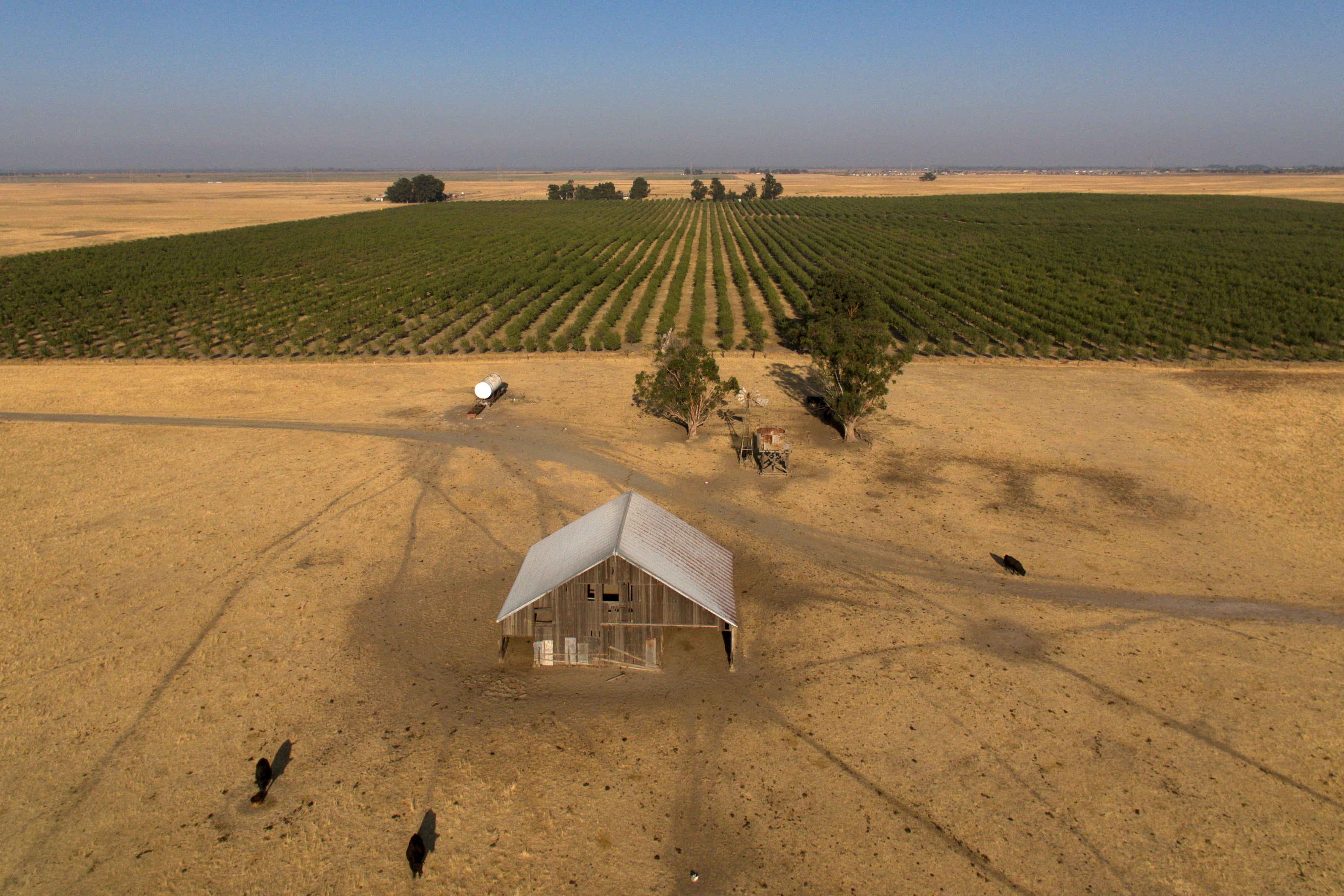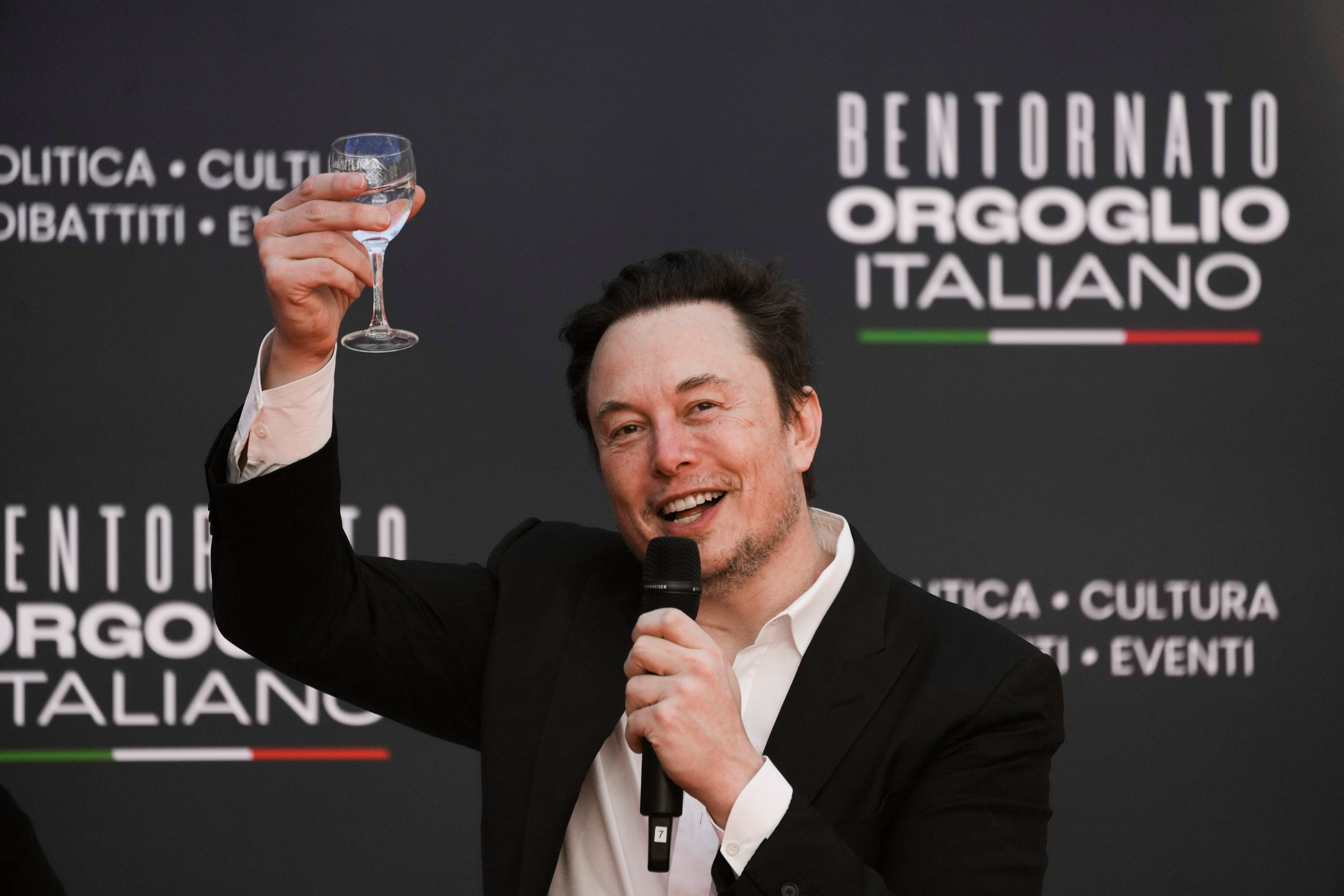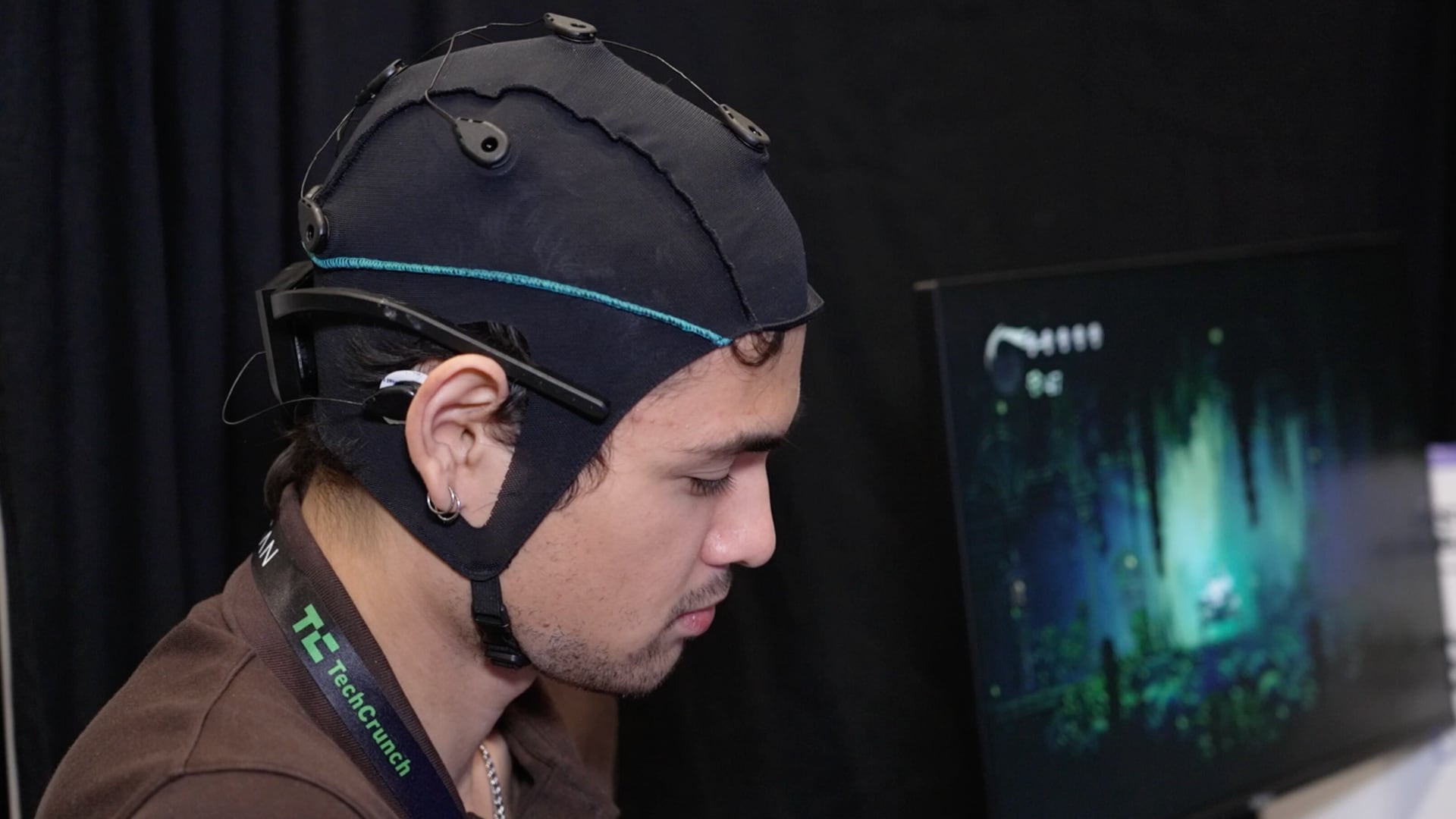*By Chloe Aiello* Queens, N.Y. and Arlington, Va., will ultimately share the spoils of the hard-fought battle for Amazon's new headquarters. The two will split the planned HQ2s ー and the 50,000 jobs that come along with them. In a lower-profile twist, Nashville, Tenn. too, will unexpectedly be home to an operation center and about 5,000 new jobs. While the winning cities offered more than $2 billion in collective tax incentives to woo Amazon ($AMZN), some of the losers bet even more. All in all, winners and losers alike played their best hands. The following cities were standouts for their sometimes-endearing, often jaw-dropping Amazon incentive packages: **Atlanta, Ga.** promised $1.6 billion in tax credits, $100 million in direct investment, and an additional $87 million in local tax credits. The offer also included the creation of Amazon Georgia Academy with the help of the University System of Georgia; the creation of an Amazon executive lounge in the Hartsfield-Jackson International Airport; and 50 free parking spots there, [according to the Atlanta Journal Constitution](https://www.ajc.com/blog/politics/inside-georgia-secret-bid-for-amazon-second-headquarters/T3p4r9PPGnxuFE1Y5IZzJM/). **Chicago, Ill.** promised around $2 billion in total tax credits, and hinted in the application they were willing to offer more, [the Chicago Tribune reported.](https://www.chicagotribune.com/news/local/politics/ct-met-illinois-amazon-tax-incentives-20171023-story.html) And, as a personal nod to Amazon CEO and Trekkie Jeff Bezos, they enlisted William Shatner, Star Trek's original Captain Kirk to narrate the video portion of the bid. **Columbus, Ohio** pledged roughly $2.8 billion in tax incentives ー which is more than D.C., Nashville, and New York City combined. Beyond the cash, Columbus also promised Amazon dedicated dark fiber-optic broadband, [Columbus Business First reported](https://www.bizjournals.com/columbus/news/2018/11/13/maybe-it-wasnt-incentives-columbus-offered-amazon.html). **Montgomery County, Md.** Lawmakers approved $8.5 billion in tax incentives ー $3.5 billion more than originally planned ー as part of an economic development deal. The so-called "PRIME Act," which included a combination of grants, tax credits, and incentives, was intended to roll out over the course of about 10 years, [The Baltimore Sun reported](https://www.baltimoresun.com/news/maryland/politics/bs-md-amazon-package-passed-20180404-story.html). **Tucson, Ariz.** sent Bezos a 21-foot saguaro cactus, courtesy of a local economic development group, to set the city apart. Bezos reportedly turned down the cactus gift, donating it to the Arizona-Sonora Desert Museum, [The Review Journal reported](https://www.reviewjournal.com/news/nation-and-world/amazon-turns-down-tucsons-cactus-gift-in-bid-for-hq/).
